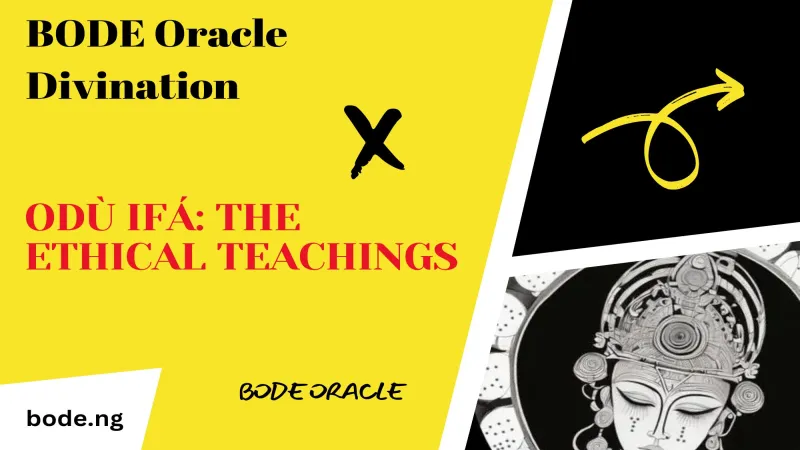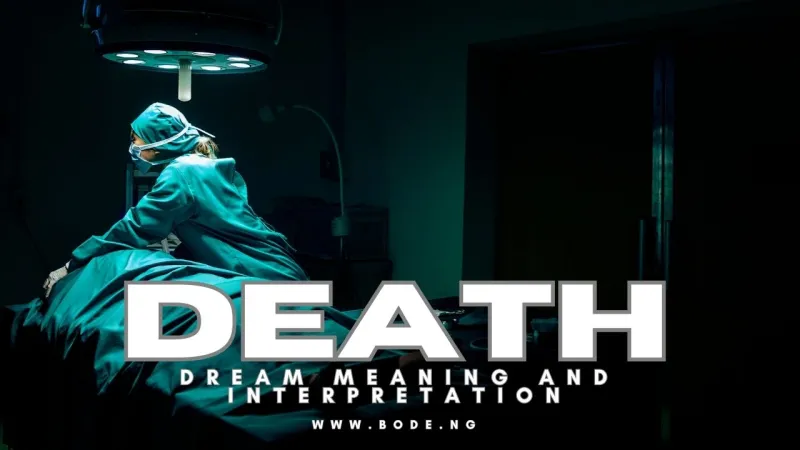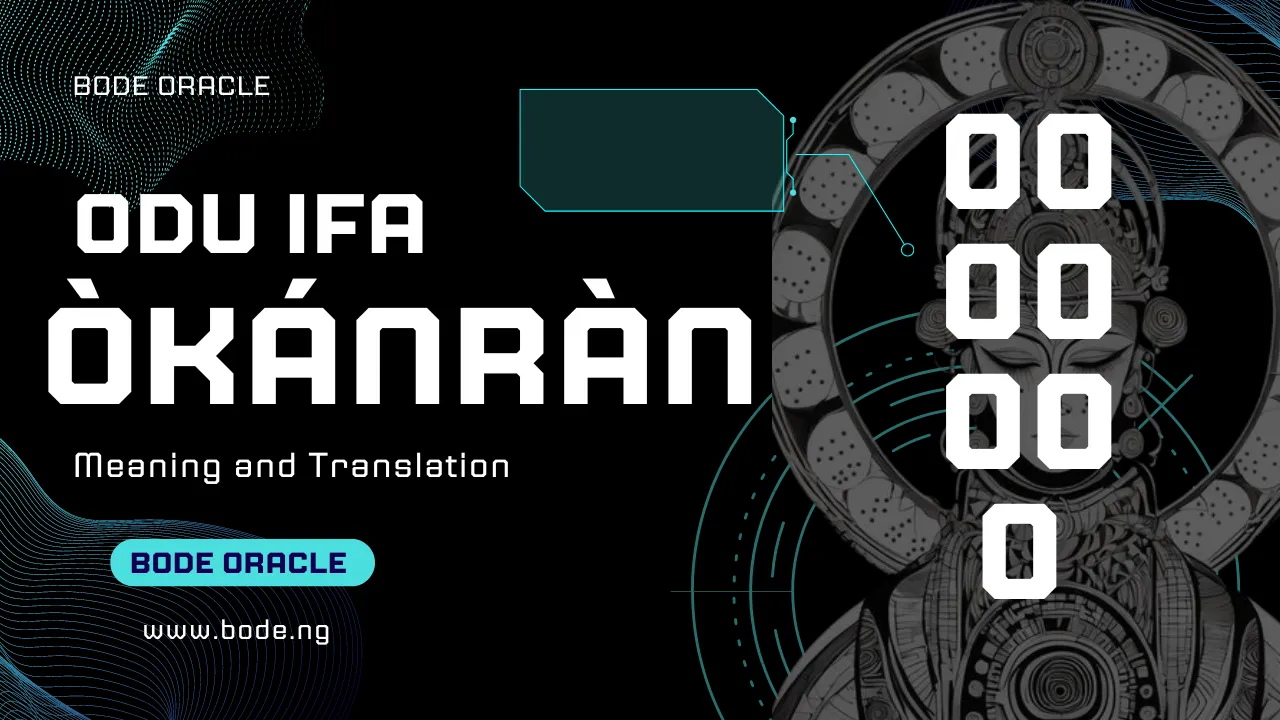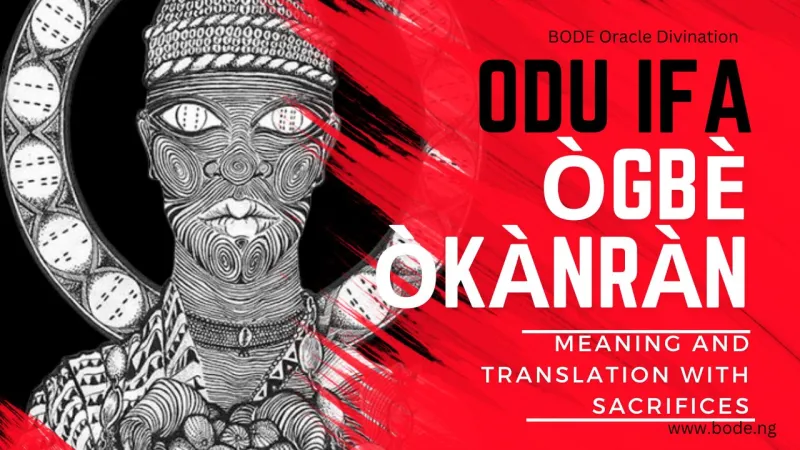Odù Ifá The Ethical Teachings by Maulana Karenga is a profound work that explores the ethical foundations of the Yoruba Ifá divination system, a spiritual system deeply embedded in the culture and worldview of the Yoruba people of West Africa.
In this book, Karenga provides a thorough examination of Odù Ifá, focusing particularly on its ethical teachings, which are meant to guide individuals toward living a virtuous, balanced, and meaningful life.
As an intellectual and cultural figure, Maulana Karenga, the creator of Kwanzaa, is well-known for his scholarly work on African culture, ethics, and religion, and this book stands as an essential text for those interested in African spiritual traditions.
You Can Also Read More On
Who Is Maulana Karenga?
Born in 1941, Maulana Karenga is a professor of Africana Studies and an activist-scholar. He is best known as the creator of the African American cultural holiday Kwanzaa, which promotes African values, traditions, and community.
Karenga is also the author of several works on African ethics and culture, emphasizing the importance of moral philosophy derived from traditional African belief systems.
In Odù Ifá: The Ethical Teachings, Karenga builds on his lifetime of scholarship to focus on the Yoruba tradition of Ifá, an ancient and complex system of divination that is also a rich source of ethical guidance.
Through a meticulous study of the Ifá, Karenga seeks to distill its teachings into principles that offer moral direction for people both within and beyond the Yoruba community.
The term Odù Ifá in Odù Ifá: The Ethical Teachings, refers to the foundational text of the Ifá divination system, which serves as a guide for the Yoruba people in navigating both spiritual and material aspects of life.
The Ifá corpus is considered a deep value of divine wisdom, containing teachings from the Orisha—deities within the Yoruba spiritual system.
Ifá priests, known as Babalawos, draw from this sacred knowledge to interpret the will of the divine, offering counsel to individuals and communities facing personal or societal dilemmas.
Read More
The Ethical Teachings of Ifá
Odù Ifá: The Ethical Teachings underscores the belief that human beings are active participants in their destiny, responsible for shaping their lives in harmony with universal principles.
The text draws attention to the role of ethics as a critical element in achieving this balance, highlighting how moral conduct and character are essential to fulfilling one’s purpose in life.
In Odù Ifá: The Ethical Teachings, Karenga focuses on the ethical dimensions of Ifá, interpreting its teachings as a coherent moral philosophy.
Central to this philosophy is the concept of iwa (character), which is seen as the foundation of a good life in Yoruba culture.
People Also Read
Ifá teaches that the highest goal in life is to cultivate good character, live in harmony with others, and maintain a balance between oneself, the community, and the spiritual realm.
Odù Ifá: The Ethical Teachings is not just a scholarly text; it is also a cultural and spiritual resource for the African and African diasporic communities.
For many people of African descent, Ifá represents a connection to ancestral wisdom and cultural identity. The teachings of Ifá, as interpreted by Karenga, provide a moral compass for those who seek to reconnect with Yoruba spiritual traditions and live in accordance with Yoruba Ifa ethical principles.



